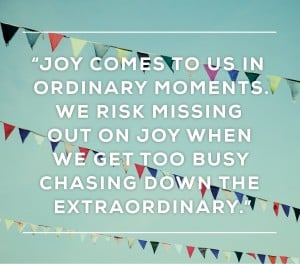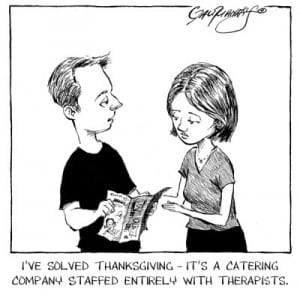 You’re driving in your car, and your phone is on the front seat. There’s a playlist you want to listen to so you reach over to click a few buttons. It’s a beautiful day, and you want to hear that song! It isn’t easy though. You keep hitting the wrong buttons. Is your hand sweaty? There’s a tingling in your extremities. Then the wrong playlist comes on, and it’s Christmas music. You have to do something about this before you lose it. You try one more time. Anxiety flushes through you. You know you shouldn’t be doing this. You know it’s dangerous. It’s only a matter of time before someone gets hurt.
You’re driving in your car, and your phone is on the front seat. There’s a playlist you want to listen to so you reach over to click a few buttons. It’s a beautiful day, and you want to hear that song! It isn’t easy though. You keep hitting the wrong buttons. Is your hand sweaty? There’s a tingling in your extremities. Then the wrong playlist comes on, and it’s Christmas music. You have to do something about this before you lose it. You try one more time. Anxiety flushes through you. You know you shouldn’t be doing this. You know it’s dangerous. It’s only a matter of time before someone gets hurt.
That’s the feeling of overwhelm: distracted driving. You’re doing too many things at once. You’re working, you’re parenting, you’re home-beautifying, you’re studying for a test, you’re sending birthday cards, you’re starting a new project, you’re finishing an old project, you’re answering emails, and making calls, grocery shopping, and you really want to do all this… but you feel nervous all the time, anxiety is growing, and soon or later you are going to hit some lane bumps, or crash.
Last week I hit some lane bumps when I didn’t show up for a yoga class I was supposed substitute teach. The same wash of adrenaline, the same increase of heart rate, the same shock. I love teaching. I love my work. I love my projects. I love traveling. I love my friends, and my family, and putting in the vegetable garden, and reading Dan Siegel’s new book, and working out…I love this song! Oh, how I wished I would have just locked my keys in the car like I normally do when I’m doing too much.
 One key to staying within your own lane is allowing yourself to have limitations. Know what your lane lines are. If a competitive swimmer goes outside his lane, he’s disqualified. The first step to preventing overwhelm is committing to this idea that you are disqualified if you are out of your bounds. Don’t give yourself credit for near-perfect parenting if it runs you into three-week, bedridden flu. That’s not getting there safely.
One key to staying within your own lane is allowing yourself to have limitations. Know what your lane lines are. If a competitive swimmer goes outside his lane, he’s disqualified. The first step to preventing overwhelm is committing to this idea that you are disqualified if you are out of your bounds. Don’t give yourself credit for near-perfect parenting if it runs you into three-week, bedridden flu. That’s not getting there safely.
We need to stop setting the expectations for ourselves, our partners, and our kids as somewhere out of the lane lines. Researcher Dr. Brene’ Brown talks about America as a country where extraordinary is the cultural expectation, and anything less than that is not enough. That’s a pretty big head trip. In her words, as a culture,
we need to stop using exhaustion as a status symbol.
“Understanding the difference between healthy striving and perfectionism is critical…. Research shows that perfectionism hampers success. In fact, it’s often the path to depression, anxiety, addiction, and life paralysis.” – Brene’ Brown
 Another key for your key chain is to hold on to the things in your life that actually keep you focused on the road. Too often, when we’re busy, we give up exercise, yoga, meditation, nature walks, and instead we keep applying for promotions, cleaning the house, sitting on the committee. The former replenishes your energy; the latter can drain it.
Another key for your key chain is to hold on to the things in your life that actually keep you focused on the road. Too often, when we’re busy, we give up exercise, yoga, meditation, nature walks, and instead we keep applying for promotions, cleaning the house, sitting on the committee. The former replenishes your energy; the latter can drain it.
 The last key I want to mention is this: find people in your life who will act as your own personal highway patrol. Have a real talk with a close friend, or partner, and be willing to ask, “Before I crash, please pull me over.”
The last key I want to mention is this: find people in your life who will act as your own personal highway patrol. Have a real talk with a close friend, or partner, and be willing to ask, “Before I crash, please pull me over.”
If you’re a mom, and you are interested in the program that Brene’ Brown designed to help people become resilient to “not good enough,” and begin saying no to pleasing, performing, and perfecting, click here:



